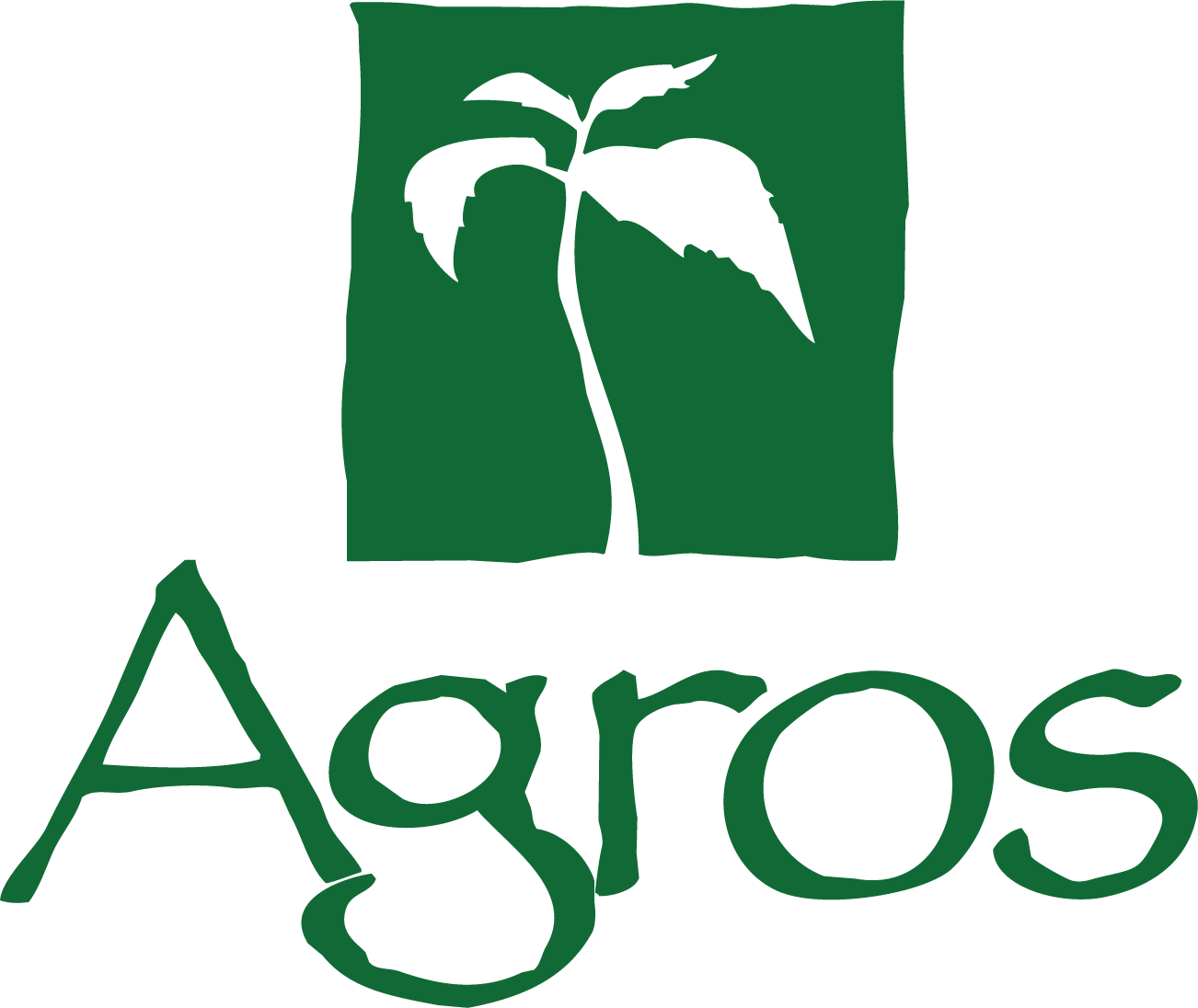

Over the past 40 years, the Agros development model
has evolved from empowering individual families to improve their lives holistically to creating thriving communities and entire regions.
Agros families begin their journey from a common starting point: extreme poverty. Through their journey with Agros, these beloved children of God embark on a path to holistic transformation, lifting themselves out of poverty and into a future of enduring prosperity, fostering vibrant rural communities.
We welcome new families to underutilized land, reducing costs and increasing productivity through modern agricultural techniques in our “Village within a Village” initiative. Additionally, Agros is poised to expand its impact through regional Harvest of Hope Centers (HHCs), accelerating agribusiness creation by meeting families where they are.
To date, 55 villages are home to more than
25,000 individuals
Our goal: To transform
50,000 lives by 2034
in celebration of our 50th Anniversary.
From the beginning, land has been at the heart of Agros’ mission and impact. For a rural family living in poverty, the opportunity to own a plot of land is a game changer.
Over the years, Agros has garnered philanthropic support from individuals, churches, foundations, and businesses to purchase tracts of farmland in Central America.
We then welcome families living in poverty onto this land, enabling them to start farming. The families use profits from their farming to repay the value of the land, eventually receiving full title to it.
Individuals who were once day laborers, squatters, or renters become landowners—and with that transformation, a world of opportunity opens to them.
These individuals live in communities with access to all essential services—clean water systems, quality education, healthcare, and improved infrastructure.
We collaborate with partner organizations to facilitate the creation of schools and clinics. In every case, we work to strengthen leadership and self-governance among community members.
This social infrastructure is critical to ensuring that families, communities, and entire regions achieve lasting prosperity and sustainable self-reliance.
Agros has become one of the most successful private agrarian reform programs.
To date, more than 3,600 families have earned title to their land and are living sustainable lives of self-sufficiency. In total, our Five-Year Impact
Plan will enable us to engage an additional 3,500 families on their own land in the coming years.
*On average, family represents 4 to 5 individuals.
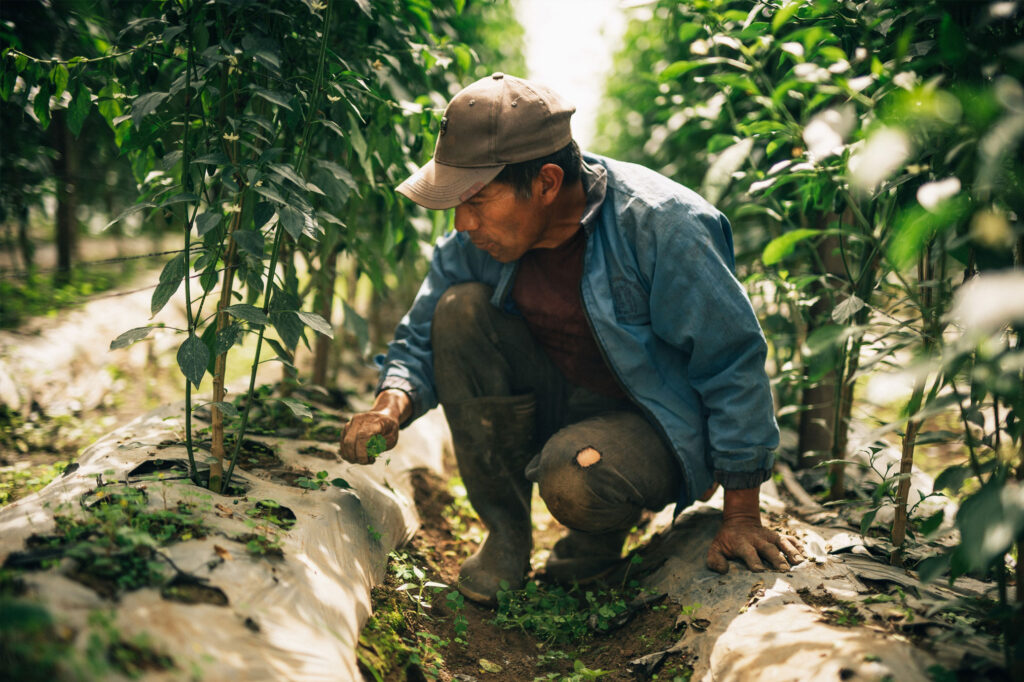
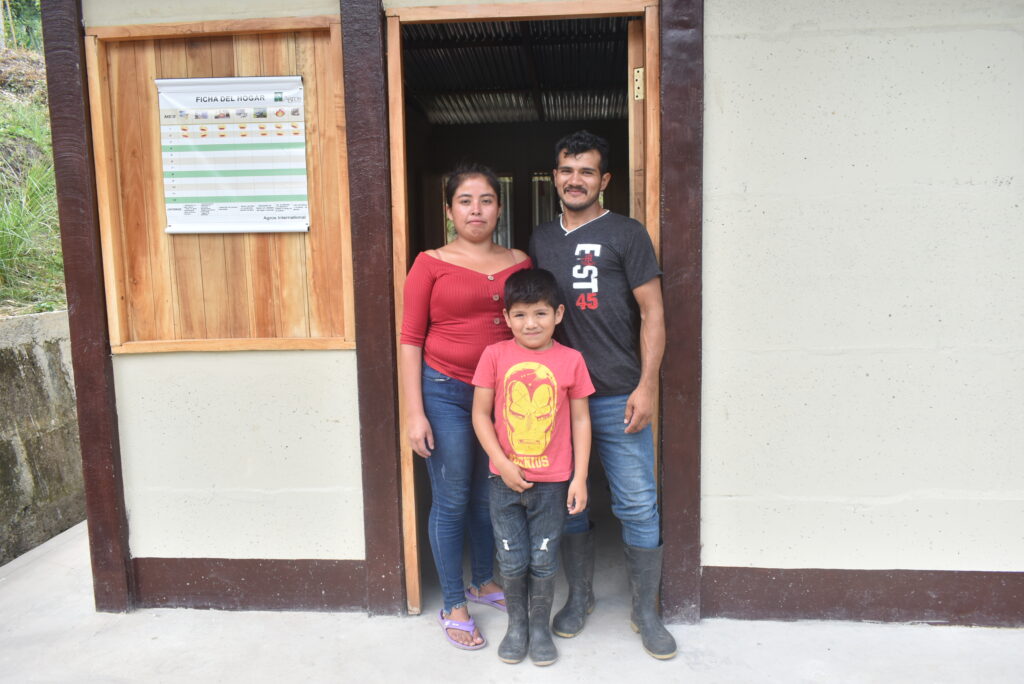
The Harvest of Hope Centers (HHCs) focuses on existing villages within a defined region, meeting families where they are to make the most significant impact
The HHCs are Agros’ “one-stop-shop” solution for delivering high-quality, equitable development services tailored to the needs of specific regions. For example, in La Dalia, Nicaragua, the HHCs focus on agribusiness development, while in the Ixil region of Guatemala, the emphasis is on addressing chronic child malnutrition and food systems.
Thanks to this approach, families from different villages can access the full range of Agros’ programs, enabling us to reach more families more quickly and effectively, with a greater depth of service. This accelerates agribusiness creation and significantly increases productivity for farmers.
By 2028, our HHCs aim to serve 800 to 1,000 new families.
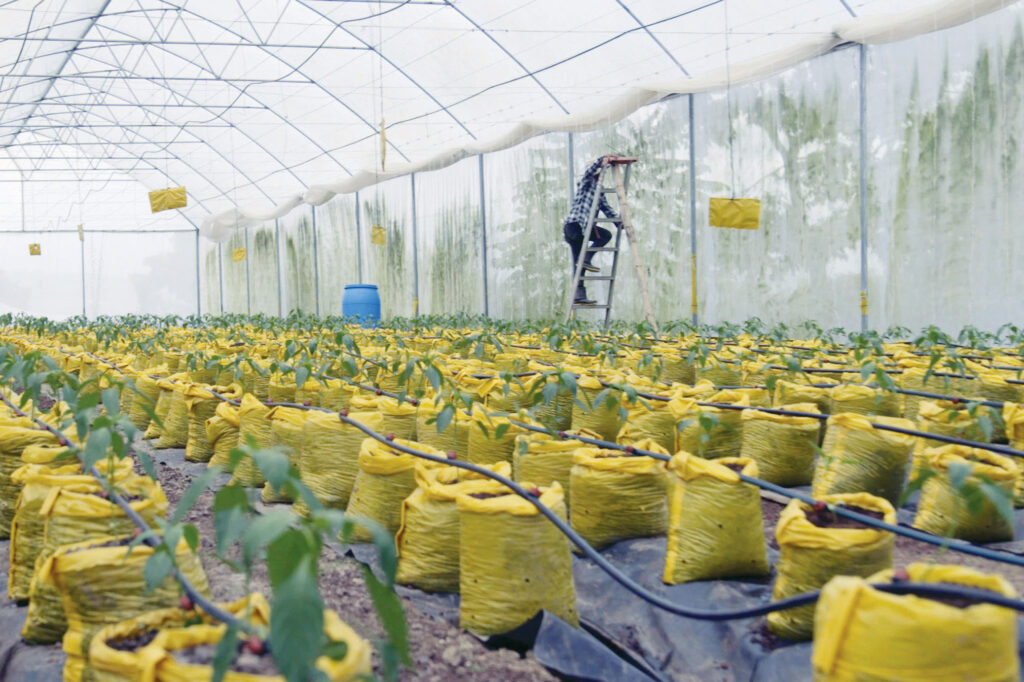
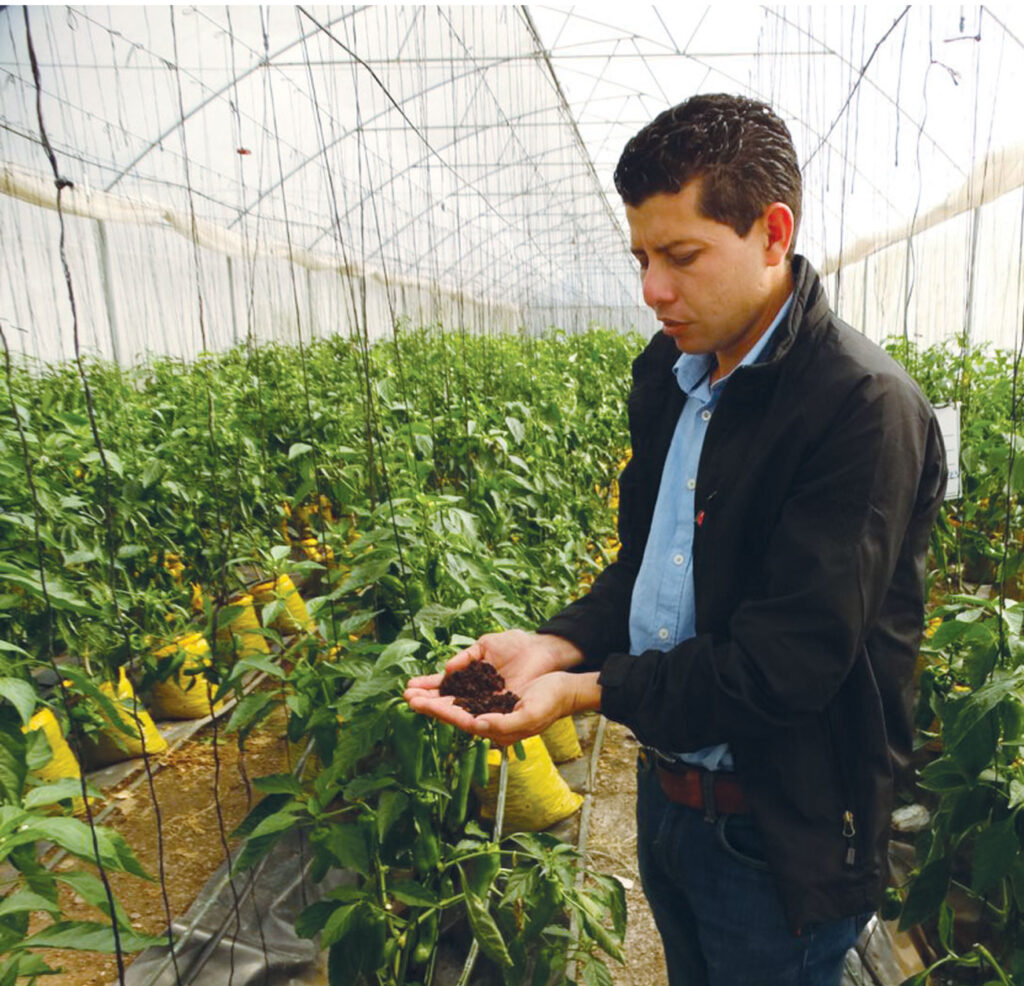
Our entrepreneurship initiatives aim to provide beneficiaries with necessary credit services (Credit+) in addition to technical assistance. Women and young entrepreneurs become financially independent, and improve the well-being of their families for generations.
YOUTH ENTREPRENEURISM
Our efforts aim to build a stronger, more resilient future for the Ixil Region, providing tangible opportunities for its youth to create meaningful lives within their communities.
Investing in women’s entrepreneurship is one of the most effective ways to eradicate poverty, as it taps into new sources of wealth and employment generation, positioning entrepreneurship as a lever for economic and social transformation
By integrating women into a formal market strategy, the need for a middleman is eliminated, allowing them to retain more of their earnings and enhance their economic independence.
Furthermore, the WEP supports efforts to improve the quality of life for these women by helping them upgrade their home workspaces. Many initially work in inadequate conditions—such as poor lighting, lack of ventilation, cluttered spaces, and frequent interruptions due to shared areas. With WEP’s support, they can create more conducive work environments, which not only boost productivity but also enhance their overall well-being.
Weavers of Hope Project: Based on the target population of the WEP, Agros identified a new productive value chain: textiles. To support this initiative, Agros conducted a study to identify key areas for improvement necessary for a successful textile business. As a result, they developed a specialized bootcamp training program focused on technical, organizational, and business skills, aimed at generating higher income for families.
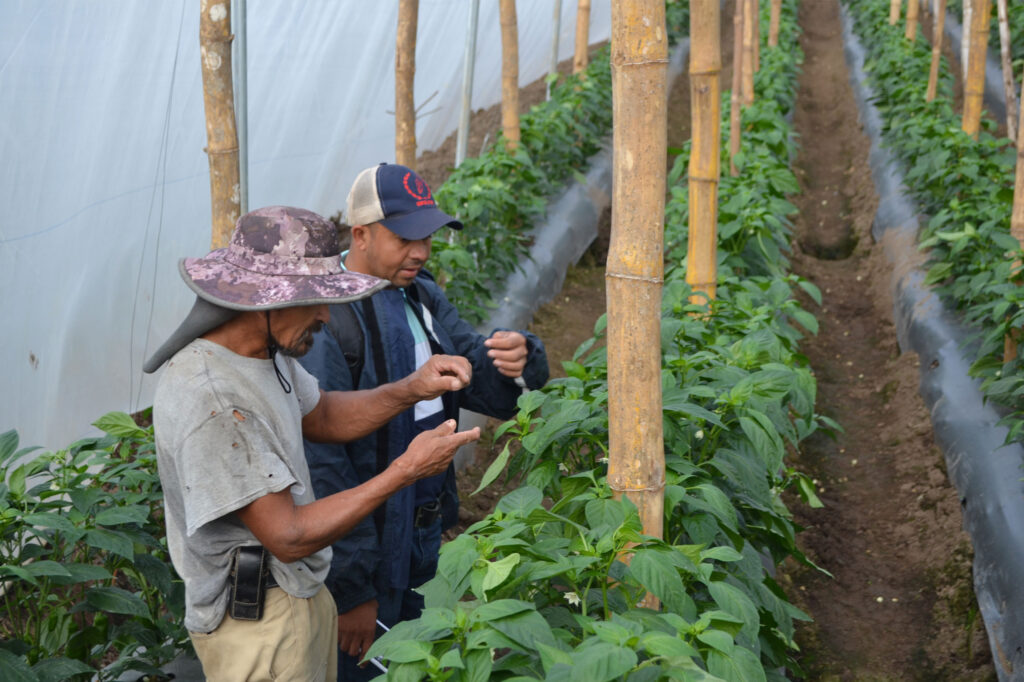
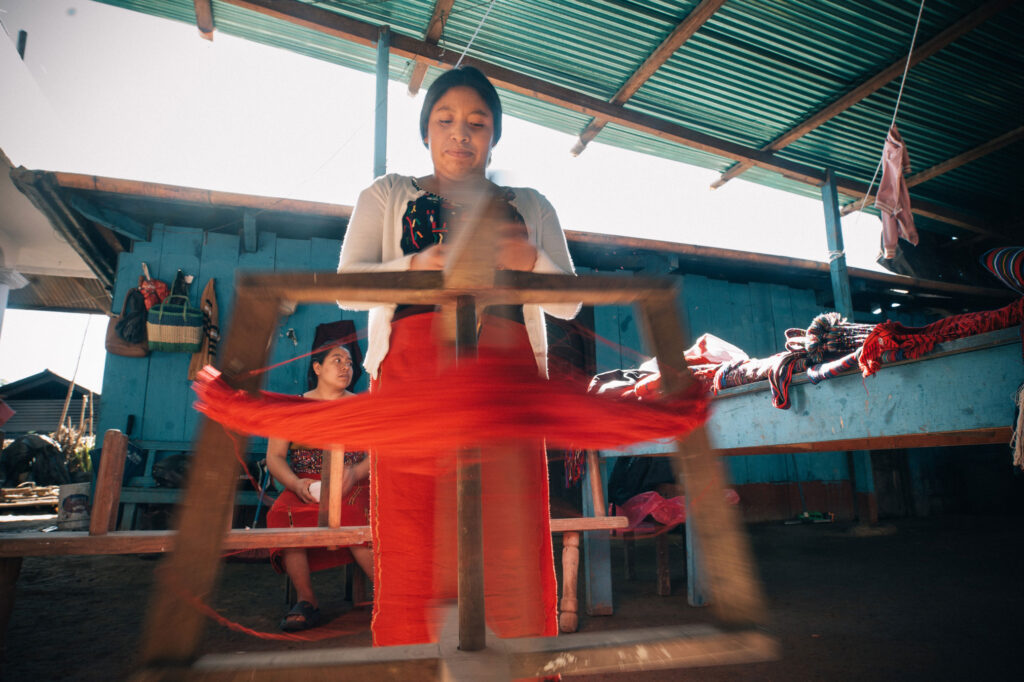
Our families are not only building wealth through hard work, training, and investment, but they are also embracing new opportunities for spiritual and psychological growth.
We believe in fostering positive, forward-thinking mindsets that propel individuals toward prosperity. In line with this vision, Agros is working on the basis of launching its Resourcefulness Project. This groundbreaking initiative deepens our mission by nurturing resilience and resourcefulness as core outcomes for the families we serve.
The next phase involves convening an interdisciplinary team of experts to define the resourcefulness model, refine objectives, and design interventions.
This collaborative effort will culminate in a pilot program that integrates these new dimensions into Agros’ holistic approach.
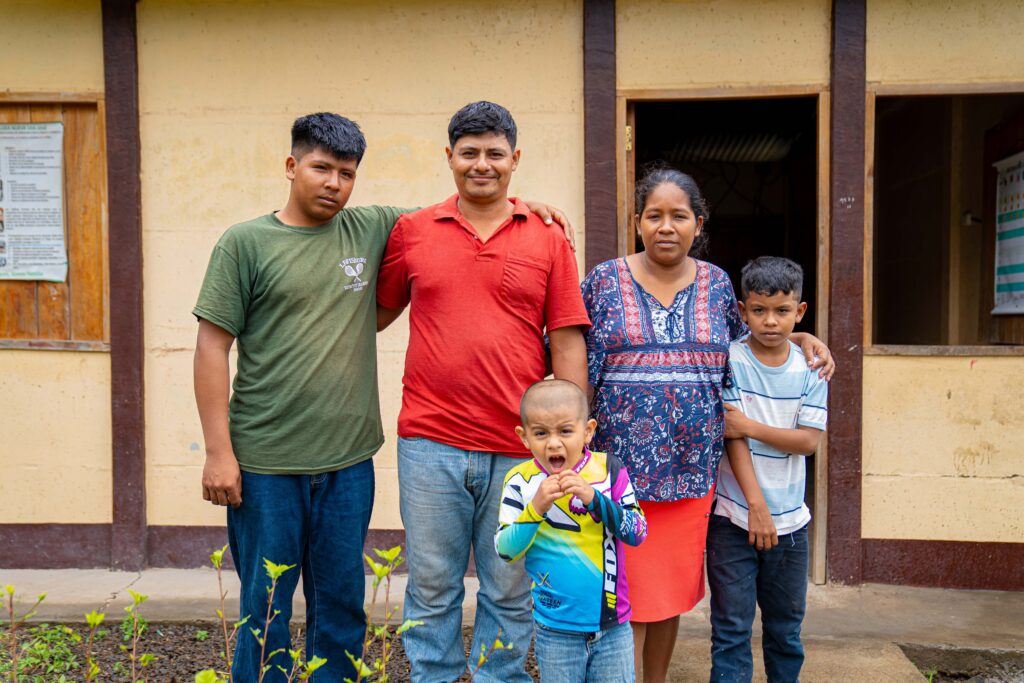
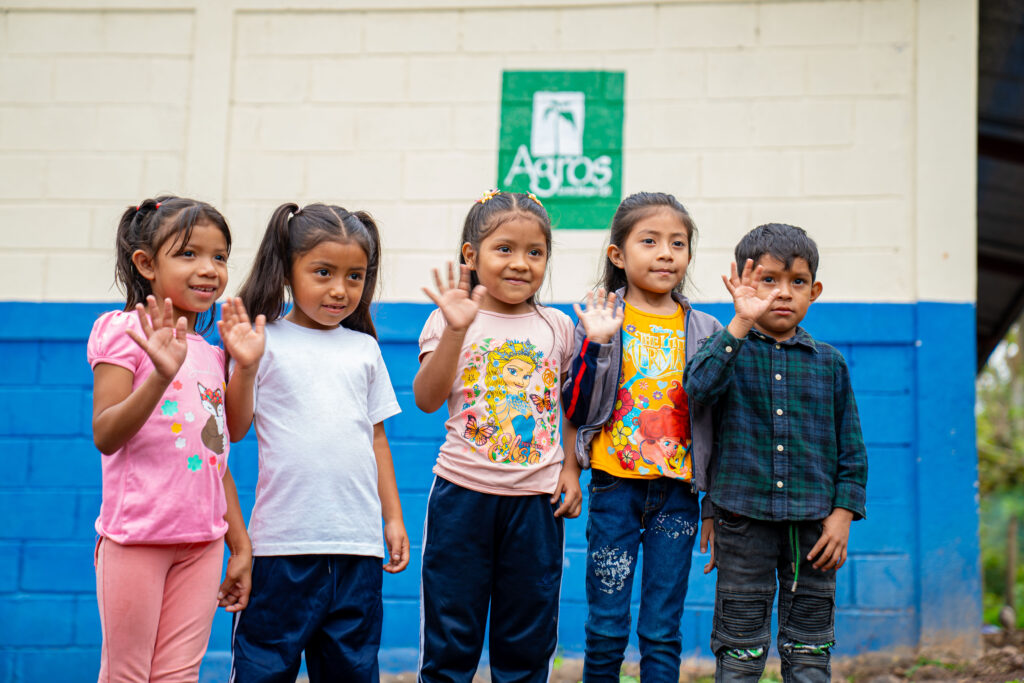
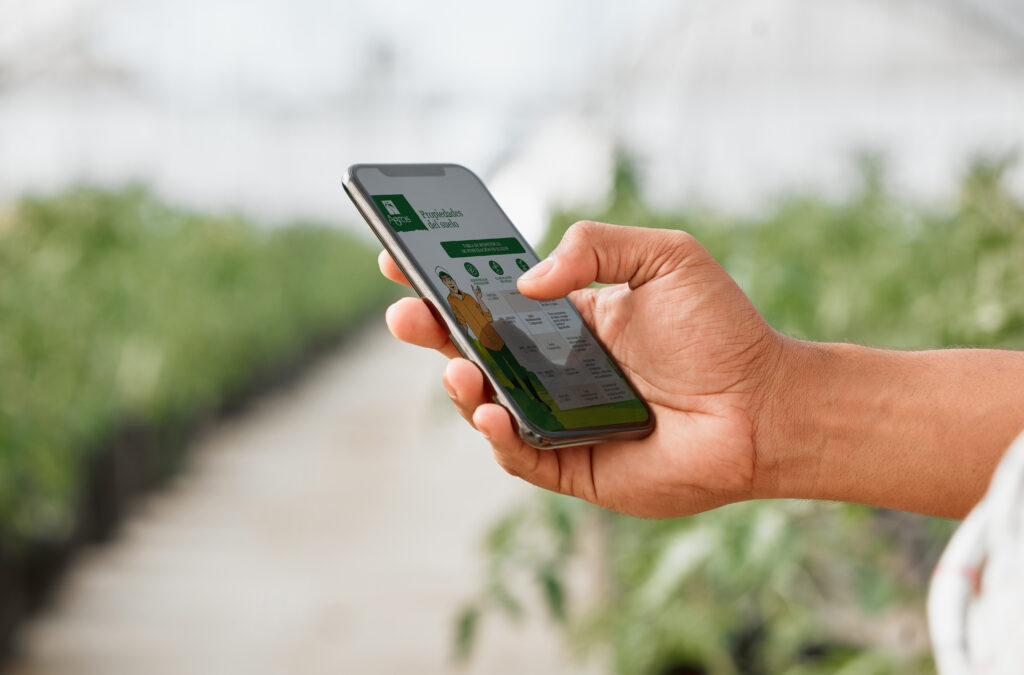
By integrating an educational approach into our initiatives, we empower small business owners with the knowledge of best practices and the skills they need to navigate financial systems confidently.
To that end, we engage field experts to design curricula that promote financial literacy, small business planning, and capacity building among our beneficiaries. The program also includes courses on best agricultural practices. By integrating technology, Agros is expanding its in-person training capacity through Virtual Classrooms, using e-learning platforms such as Moodle and our internal intranet.
We are committed to following the Way of Jesus in our development model,
embodying love for God and neighbor through faith and authentic relationships, and
expressing generosity in the pursuit of justice and dignity.
The vision ahead requires a collective effort from Agros, donors, partners, and
communities. Want to know more about our path forward?